Question And Answer
Publications
Articles, publications, books, tools and multimedia features from the U.S. Institute of Peace provide the latest news, analysis, research findings, practitioner guides and reports, all related to the conflict zones and issues that are at the center of the Institute’s work to prevent and reduce violent conflict.
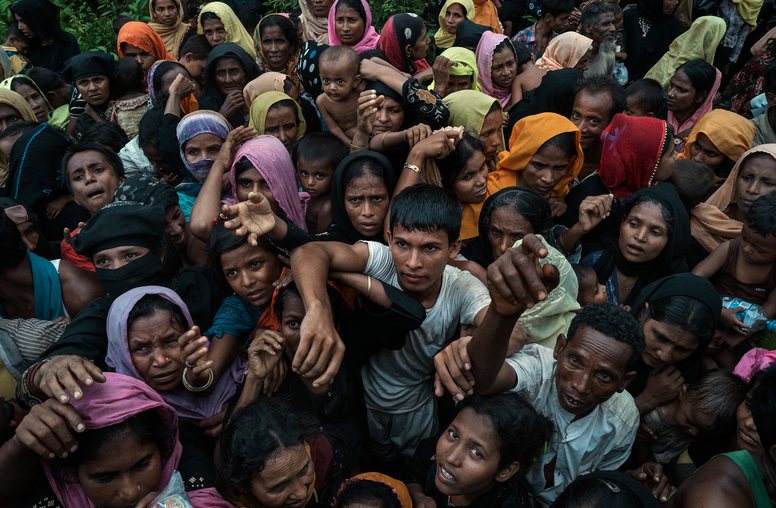
Democracy in Myanmar — combating the Rohingya Crisis
The indisputable fact of the unfolding Rohingya crisis is that more than 600,000 people have been forced to flee across the Burmese border into Bangladesh since August, with terrible reports of rape and ethnic cleansing. Beyond that, however, the facts of what happened — and how — dissolve into confusing and competing narratives, underscoring the difficulty of resolving a complex and long simmering conflict.
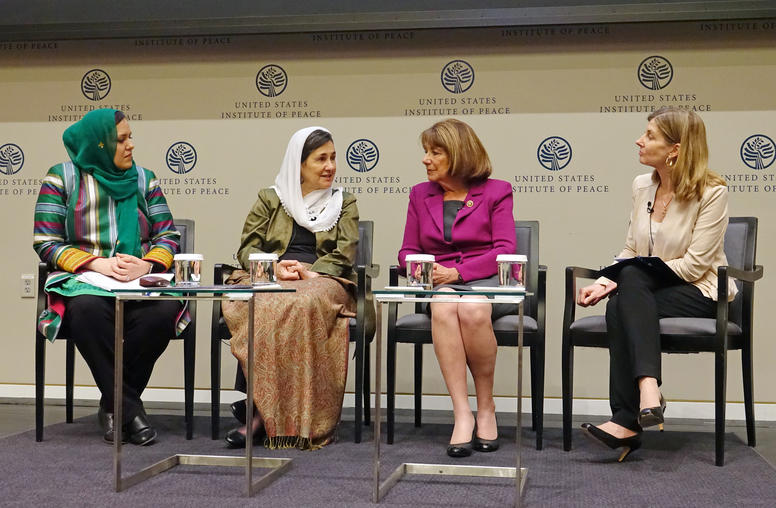
Afghan Women Step Up in Local, National Taliban Talks
Amid a spate of recent Taliban attacks across Afghanistan, I heard a different but equally important story during a visit to Kabul last week: women from major cities to rural villages are taking action to defuse local tensions...

Nancy Lindborg on Negotiations with North Korea
USIP President Nancy Lindborg tells us about the challenges presented by North Korea’s nuclear capabilities, and discusses her own experiences travelling to North Korea.
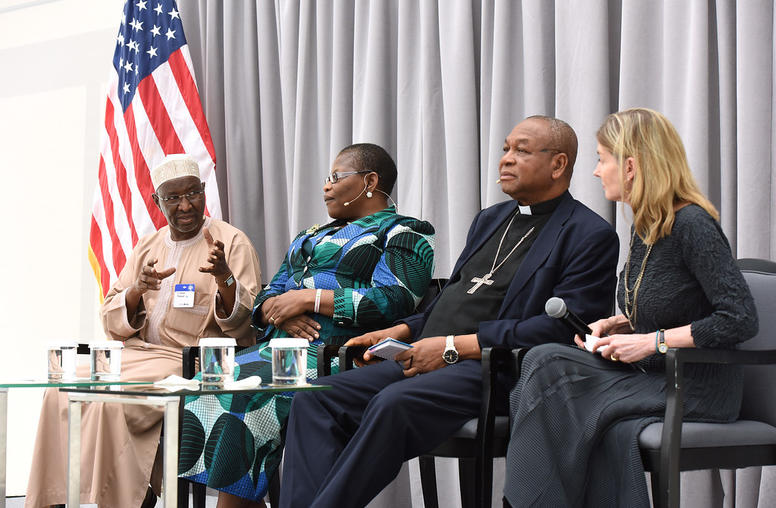
Nigerian Civic Leaders Assert a Role Against Violence
As Nigeria struggles to calm violent conflicts nationwide, including the Boko Haram insurgency, 11 eminent civil society leaders are summoning government officials to seek an unprecedented degree of citizen input on policy. Prominent religious, military, academic...
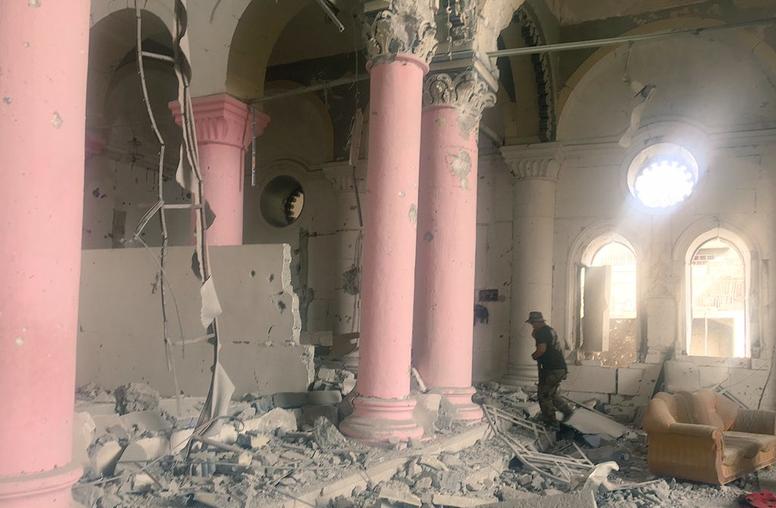
'U.S.-Light' in Iraq May Open Way for Russia, Iran
A failure by the international community to help rebuild Iraq will leave a vacuum that Russia, Iran or some new extremist group will seek to fill, warned the co-chairman of a working group in the Global Coalition to Defeat ISIS. In a recent discussion at the U.S. Institute of Peace, Ekkehard Brose agreed with the top U.S. State Department official on Iraq, Joseph Pennington, that Iraq must ultimately solve its own problems. But at this point, it can’t, Brose said.
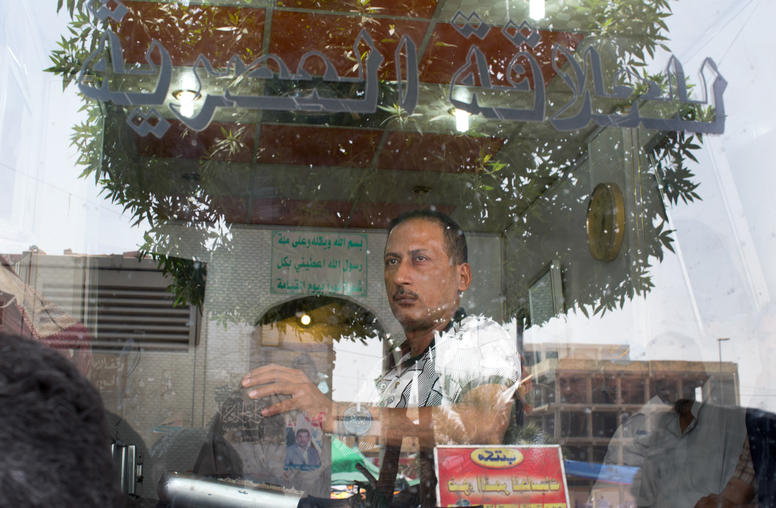
To Stabilize Iraq After ISIS, Try a Method That Worked
The farming region of Mahmoudiya, south of Baghdad, is divided by one of Iraq’s most turbulent fault lines of conflict, between the country’s Sunni and Shia tribes. A decade ago, this region of palm groves and irrigation canals was a violent al Qaeda stronghold known as the “Triangle of Death.” Yet for 2016, news reports and the United Nations’ accounting of nearly 7,000 or more civilian deaths across Iraq noted few attacks in this region, a reflection of its relative stability in recent years.
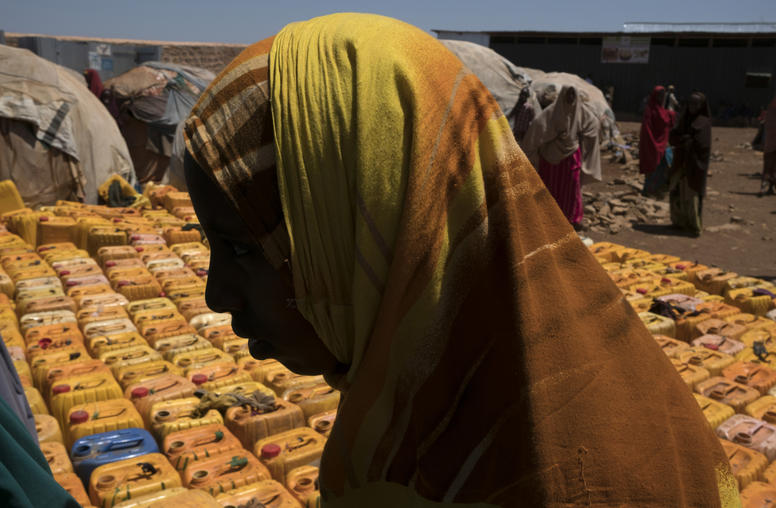
How Drought Escalates Rebel Killings of Civilians
The 2011 famine in Somalia, caused by a prolonged drought, killed an estimated 260,000 people. But this was more than a natural disaster. Amid the starvation, food shortages prompted rebels of al-Shabab, the armed group fighting Somalia’s government and spreading terror abroad, to attack local farmers to seize their food reserves, causing even more civilian deaths. It’s a pattern that plays out in rural regions across the developing world.
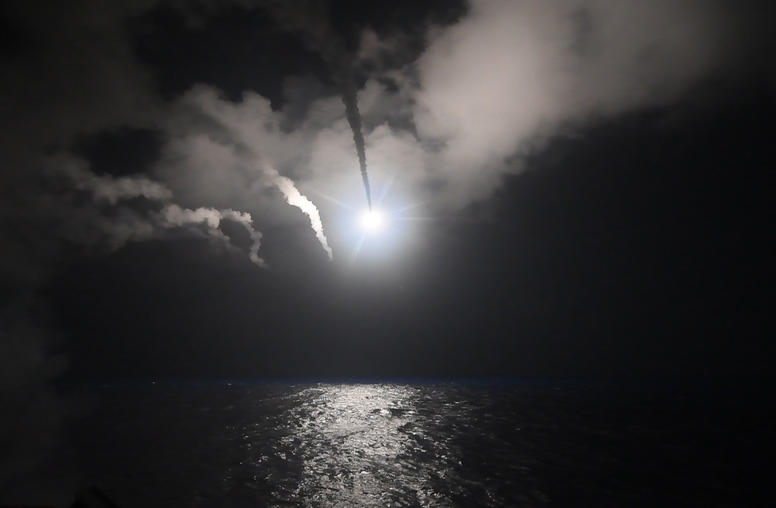
Q&A: Will U.S. Strikes on Syria Change Conflict’s Course?
The United States launched its first air strikes against forces backing Syrian President Bashar al-Assad since the country’s civil war began six years ago, in retaliation for a chemical-weapons attack that killed more than 80 civilian men, women and children. Elie Abouaoun, who is director of Middle East and North Africa programs at the U.S. Institute of Peace and is based in the region, examines the strategic implications, and USIP President Nancy Lindborg, who has worked for nearly 30 years on humanitarian crises and areas affected by conflict, comments on the factors that prompted the U.S. attack.
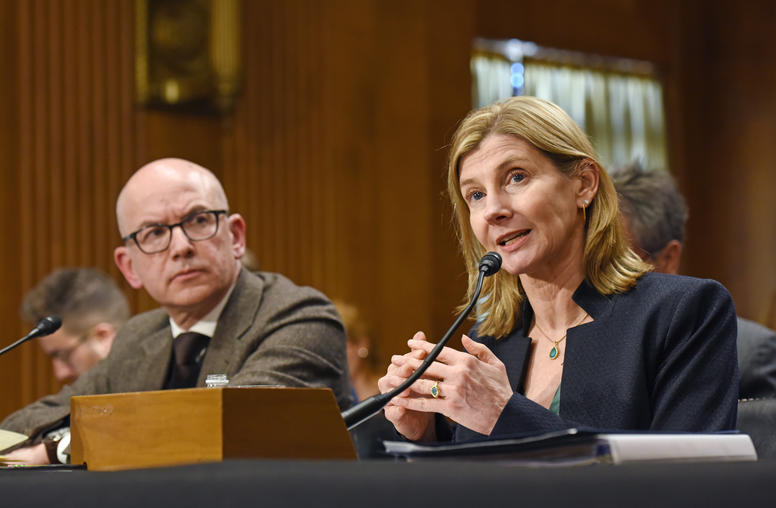
Flashing Red: The State of Global Humanitarian Affairs
U.S. Institute of Peace President Nancy Lindborg testified before the Senate Foreign Relations Committee on "Flashing Red: The State of Global Humanitarian Affairs."
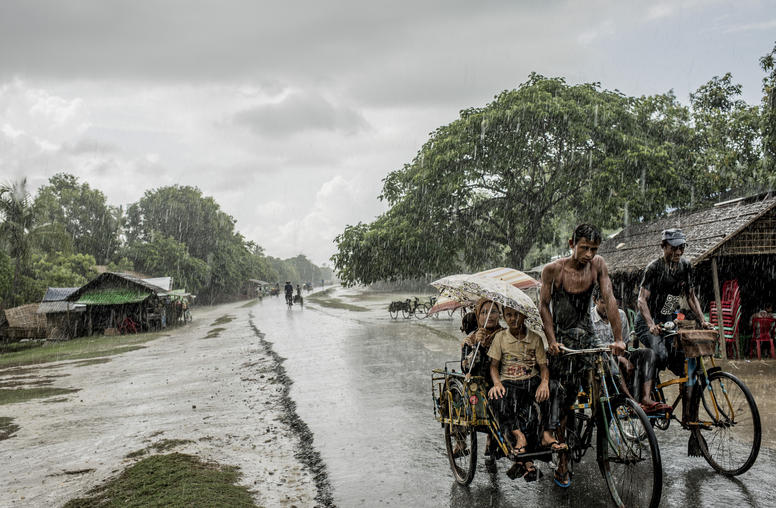
Cautious Optimism on Burma’s Arduous Path to Peace
A year after Burma’s pro-democracy leader, Aung San Suu Kyi, took office, her country’s transition from military rule toward democracy and peace has made progress—but continued fighting underscores the need for faster progress, said diplomats, scholars and other analysts who convened at USIP on March 16.